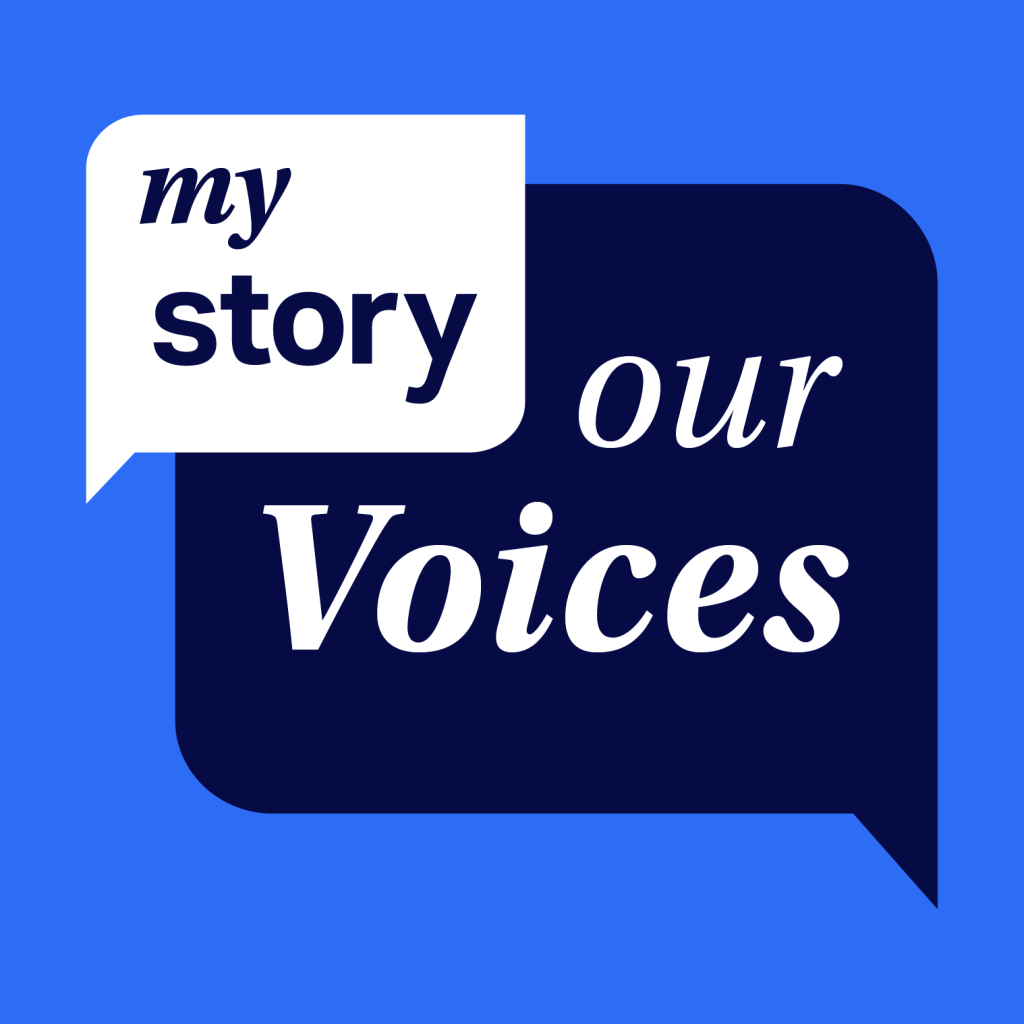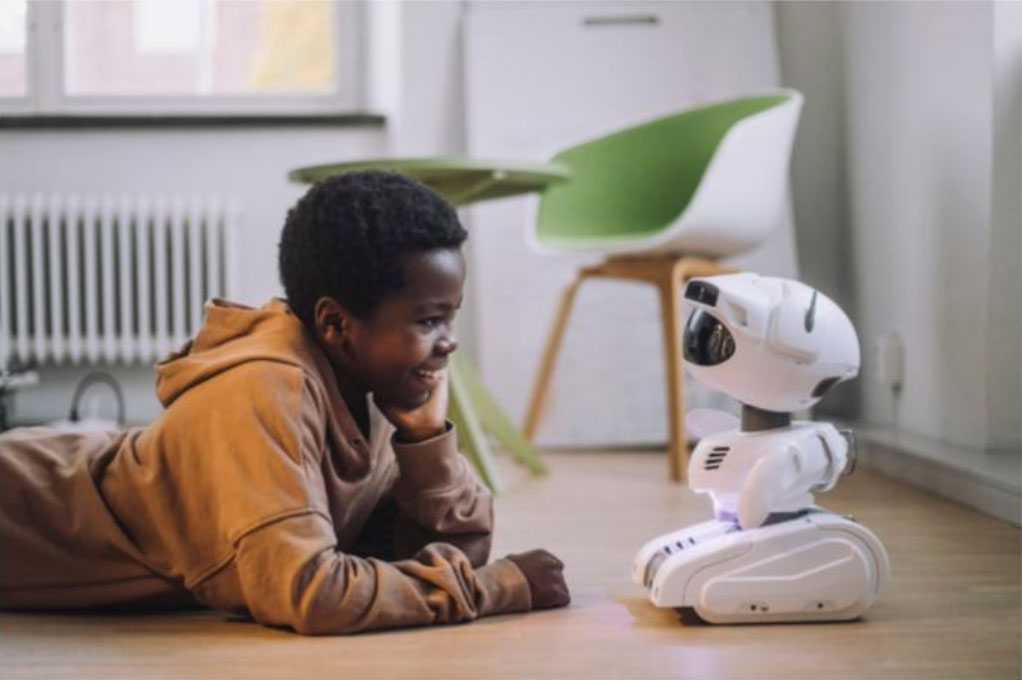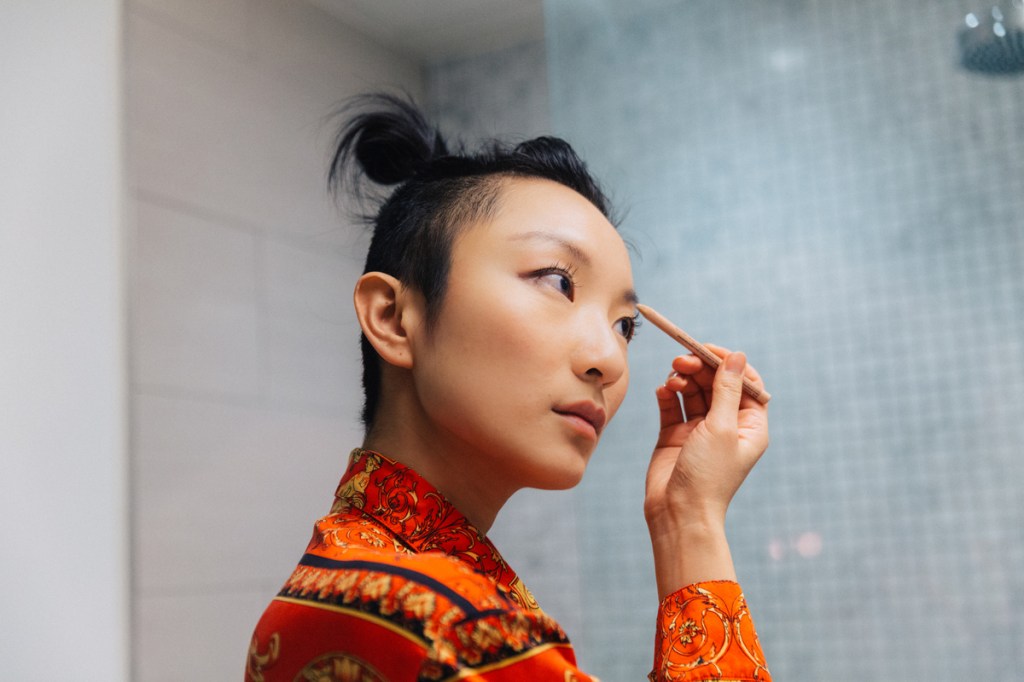Finding Common Ground: Liz Taylor’s Story of Inclusion and Empathy – an NIQ Diversity Equity Inclusion Podcast

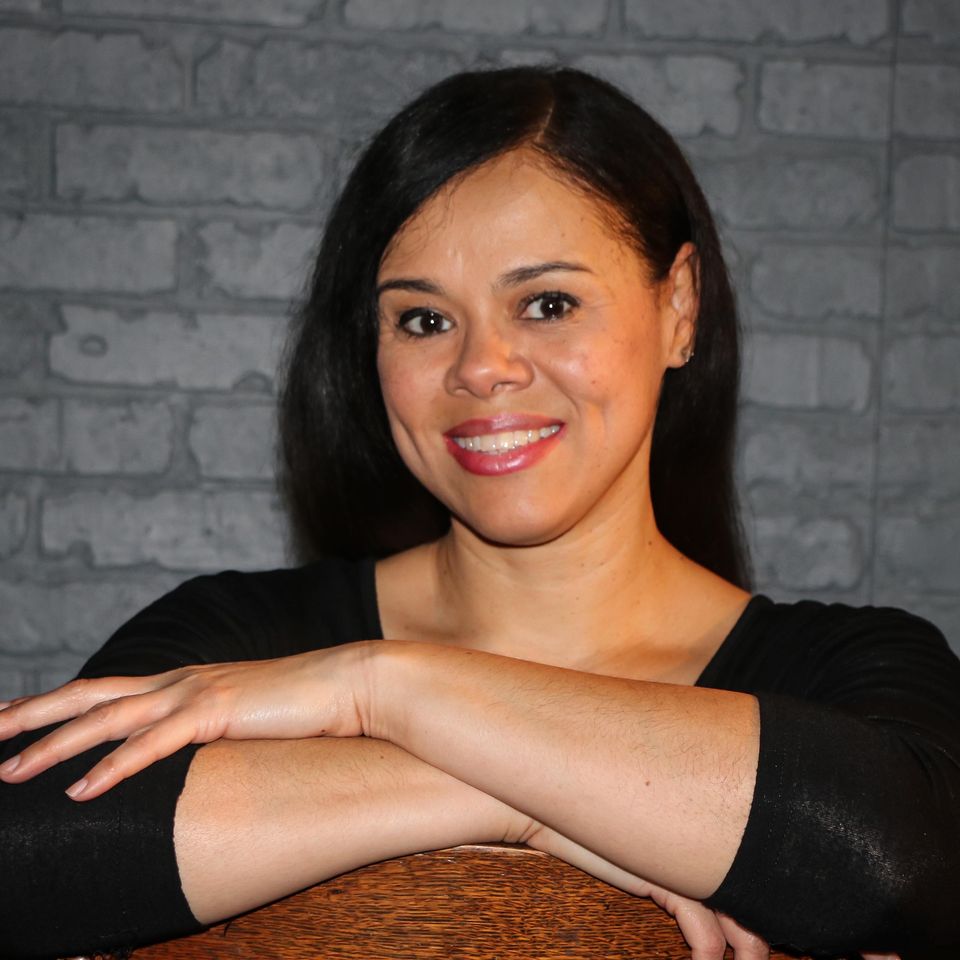
Liz Taylor
Cincinnati, Ohio, United States
Database Global Production Manager
Elizabeth L. Taylor is a native of Cincinnati, Ohio. She attended the School for Creative and Performing Arts, majoring in Instrumental Music, Musical Theater, and Drama. After graduating in 1992, she joined the United States Marine Corps and served as a personnel clerk and small computer operator. After being honorably discharged from the USMC in 1999, she returned to Cincinnati, Ohio and multi-tasked working full time, raising a family, and attending college, eventually attaining a BS in Information Technology. She was hired with NielsenIQ BASES in August of 2010. During her employment with NielsenIQ, she attained a MS in Project Management and has advanced to the role of the Database Global Production Manager. In her spare time, Liz likes to read, craft, and participate in the Cincinnati and Northern Kentucky theater community.
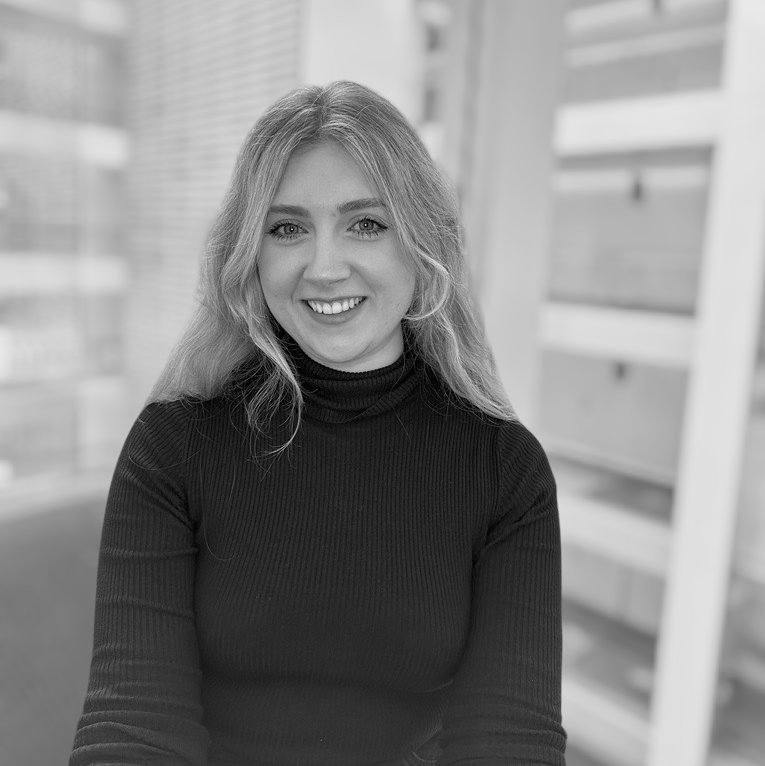
NONE
NONE
NONE
NONE

NONE
NONE
NONE
NONE
Summary
“Respect is one of life’s greatest treasures. If you don’t have that, what does it all add up to?” – Liz Taylor
In the latest episode of the “My Story, Our Voices” podcast, Liz Taylor, a database manager at NielsenIQ, shares her inspiring journey of embracing diversity. Growing up in a predominantly African American neighborhood in Cincinnati, Liz’s early life was profoundly shaped by her surroundings. Her transformative experiences at the School for Creative and Performing Arts and in the Marine Corps exposed her to a rich tapestry of cultures, deepening her appreciation for diversity.
Returning to Cincinnati, Liz immersed herself in community theater, further expanding her understanding of inclusion. She emphasizes that respect is a fundamental value that bridges cultural gaps and fosters understanding. Encouraging listeners to be curious and open-minded, Liz believes that learning about different cultures leads to personal growth and enriched experiences. Despite the challenges of embracing diversity, she asserts that the rewards far outweigh the difficulties, reminding us that our shared values and experiences can unite us all.
Transcript
Disclaimer: The views and opinions expressed in this podcast belong to the individuals who share them and do not necessarily represent Nielsen IQ. Note that this podcast discusses sensitive topics that may be triggering for some. For more information specific to this episode, see the episode description.
Jake Conlin: (over intro music) Hi everyone and welcome to the “My Story Our Voices” Podcast, a core component of Nielsen IQ’s DEI Learning Series, “Me and You”. My name is Jake Conlin and if this is your first time tuning in then let me tell you what this podcast is all about. In a nutshell, it’s about stories. Your stories. We think stories are important because when we tell them we open the door and allow others to see the experiences that shaped us, that challenged us and helped us grow. By doing this, we can create a culture where open dialogue is encouraged, and we can have a space to discuss important topics in a transparent and courageous manner. So, minimize that e-mail tab, mute your chat and take a little break to listen to one Nielsen IQ story.
James Anderson: Hello everyone and welcome to another episode of “My Story, Our Voices”, a podcast brought to you by diversity, equity and inclusion here at NIQ, also known as Neilson IQ. My name is James Anderson and I’m one of your cohosts, today. I’m currently a senior analyst in the Toronto office, assisting our manufacturing clients here in Canada, and my pronouns are he and him. I’m joined today by my co-host Funda.
Funda Kalemci: Hi, James. Hi everyone. This is Funda Kalemci. I am the global leader for diversity, equity, inclusion and well-being at NIQ and happy to be here. My pronouns are she and her. James, who do we have, today?
James Anderson: And, we’re very excited because we have Liz Taylor, who is joining us today. Liz, welcome to the podcast. And can you start by telling us a little bit about yourself and where you’re from?
Liz Taylor: Sure. Hi everybody. My name is Elizabeth Taylor. The other Elizabeth Taylor. You can all call me Liz or Elizabeth. I’m the database manager for global operations. I’m located in Cincinnati, OH and I was born and raised in Cincinnati, OH, as well.
James Anderson: Now, Liz, we did a little bit of a chat before this recording session, so I wanted to get a little bit more of your story and your experiences growing up where you grew up, because I believe you grew up in an environment that was not as diverse as, you know, we we’re trying, you know, [where] we’re trying to move the world forward certainly with, you know diversity, equity and inclusion and that sort of shaped your life and your perspective on things, as it does for all of us. So, I’m just wondering if you could elaborate a bit about what it was like growing up in an environment where you weren’t exposed to all the different types and styles and cultures and experiences that were out.
Liz Taylor: Sure. Well, first of all, thank you for being interested in my story and I’m very happy to share. So, as James said, we’ve had this discussion. I grew up in Cincinnati. OH, I grew up in a neighborhood where it was, probably, 99% African Americans. I grew up in what you would call the “housing projects”. So, I grew up around a lot of single mothers with children and, you know, I was not really exposed to diversity at this time. You know, a little historical fact, Cincinnati, OH, was quite segregated, so, I was not exposed [to a lot of other influences], you know, [so], you immerse yourself into your own culture…
James Anderson: Yeah.
Liz Taylor: …music, food, religion. And I grew up as Baptist, going to church. I did not experience much diversity until I entered junior high. I auditioned and was accepted into the school for creative and performing arts here in Cincinnati, OH. That’s when I started to have more experience with…what we think is…we would not think, in today’s, standards that this would be diverse. But back in the 80s it was. I started to be around more Caucasians. So that was that was big, you know; I went from an all-black school to one where it was equally Caucasian and African American, or Black-Americans. While I went to performing arts, you know, I was in instrumental music. I was in the background, like was on the tech team for performances and what I liked about performing arts is that they had multiracial cast.
James Anderson: Oh wow.
Liz Taylor: You know, Maria from the Sound of Music was played by a young black woman. Peter Pan was played by a young black woman. And then they had another cast member [ready to play the role]. They had [a] dual cast, so they were big on that experience. You know, “let’s look at theater in a different light.” A black person can play a role that was tradition before a young white woman like Sandy Duncan, who was Peter Pan [at that time].
James Anderson: Mm-hmm.
Liz Taylor: While at the performing arts, you know, I was also exposed to youth Symphony. So, I actually got to meet people in [the] youth Symphony…[people in] Cincinnati’s youth Symphony Orchestra that were non-white and non black, but I didn’t get to speak a lot with them. But that kind of started my journey, going to performing arts, with experiencing other cultures and religions outside of my own. But it wasn’t until I joined the Marine Corps when I graduated high school that I really started to experience diversity. I’m talking about more than just black, more than just white. When I joined the Marine Corps in ‘93. I was…I was.. The Marine Corps [experience] was funny because I was so quiet. I was…I was really quiet. I was shy, a bit introverted. But coming into the Marine Corps, it was tough because we were in a [particular] era in 93. It was “Don’t Ask, Don’t Tell. It was very a very stringent…
James Anderson: Mm-hmm.
Liz Taylor: …And [a] very autocratic setting, which kind of works for me because my mother, you know, didn’t play [around]. [At home,] It was Mom’s Rules. That’s it. So, I kind of left home and then went into the same environment but with more than just my mother. You know, you know, “chain of command” was big. You followed the chain of command. You kind of stay[ed] in your place as a young private or private first class, so that kind of suited me in terms of staying out of trouble. I was, again, I was really quiet guys. I was very shy, so I didn’t speak much, but as the stress of being in the United States Marine Corps Fleet got to me, I started coming out of my shell because I just started to…[I] wanted to get to know the people around me. This is where I started meeting servicemen who were Hispanic, who were Latino. I met Haitians, Italian Americans, Korean Americans, Filipino Americans, Chinese Americans, and, you know, as small talk began, I just found a way to politely ask them about their customs. Like I would ask someone, “How do you say, ‘the kitchen’ in Chinese?” Or, you know, how to say kitchen in in Spanish or something like that. Or how to curse in Spanish or curse in Chinese or Korean. So, it all started like that. And then I would ask about [religion] because, you know, [for]Christianity…I was raised Baptist. I had my teachings and when I would see other members pray [I was curious]. For instance, I had a Korean American woman named Melina [in my group]. And I saw her praying one day and after she was done – this was during boot camp – after she was done, I asked her about her religion. And she was actually, you know, her, her people converted to Christianity when they came over here in the 40s. But, I was afraid that I would offend her when I asked her that. But it turned out that I didn’t. She was happy to share with me, and then we became really good friends. I would tell her about our, my culture as a Black-American; things that I had experienced up until the age of 18, at that time. And then, you know, she would tell me about Korean customs, Korean foods. We would share all of these things. Like, I would tell her, “Well, I guess I’m into soul food.” Then she would tell me about her…the type of food that they would make. We began to ask each other more questions, dive more into each other, and then that kind of led me to starting to ask a lot of other people about their customs. And what I found so eye-opening was how much we actually have in common. You know, we all have great…our great stories about our mothers and parents and everything. Well, you know what? When you’re getting, you know, yelled at by your mother, they’re doing the same thing [when they’re getting yelled at by theirs]. One year I couldn’t go home for Christmas, so I went to California with a friend who was Mexican. And I’ll tell you what, I haven’t had a meal like that since then. It’s been 30 – almost 30 years – and I haven’t had truly authentic Mexican food like that. And her aunts, her mother, her cousins, all of the older women, they were just, you know, congregating the kitchen. And it was loud and boisterous. And I’m thinking to myself, “That’s how it is at our picnics with my family!” Or at, you know, at my Christmases and my Thanksgivings, it was, it was so familiar. Even though I didn’t speak Spanish, I could see the love and the traditions between them, and I could see how much it was like my own back in Cincinnati.
Funda Kalemci: It sounds like it’s a story where language does not matter. You don’t necessarily need to understand the words, right?
Liz Tayler: Correct. Correct.
Funda Kalemci: This is fascinating, Liz. It sounds like your story really begins to change or shape [during] this very important moment of your life, which is the military, right?
Liz Taylor: Mm-hmm.
Funda Kalemci: And, it’s fascinating to me every time we talk about business, Liz. How did your time in the Marine Corps influence your understanding of different cultures and backgrounds? I know you started talking about that a little bit, but I want to dig a little deeper into that and understand in what ways the marine core culture both challenged and shaped your values and empathy and openness through these conversations with, you know, quote un-quote “others.”
Liz Taylor: My time in the Marine Corps – again, this the United States Marines; it’s the service – is a very autocratic environment. It was lonely. It was like I was very lonely and then I was a female, so I can’t express how lonely it was and opening up to Melina and learning about her gave me courage to ask other people [about themselves, and] before I knew it, I had friends everywhere. I have friends on different bases. I wasn’t as lonely anymore. And then once I was discharged, I came back home to Cincinnati and I realized how very un-diverse Cincinnati was at that time. Learning [about and] meeting these different people, it gave me a skill.
Funda Kalemci: Mhm.
Liz Taylor: It gave me a skill in terms of, you know, introducing myself, networking myself, showing respect that I have for their culture or [for] who they are as a person. And I think that that’s what’s important to people. So, the Marine Corps was tough, but it led me to open doors in a different way. And not feel so alone.
James Anderson: There’s so much wonderful stuff to unpack there, Liz. I love the fact that so much of [this] was very unexpected for you, you know.
Liz Tayler: Mhm
James Anderson: And the fact that you found a very diverse group of friends in the Marine Corps, you know, especially given the environment. That’s really, really fascinating. I love the idea that, you know it, it helped you build a new skill: that it’s OK to ask people about their cultures. I always find that intention is always something that people really pay attention to. Like, is someone being nosy or are they genuinely curious? Are they wanting to understand? And I feel like your story is a perfect example of how you can open the door if you do it in the right way.
Liz Taylor: Right.
James Anderson: Would you agree with that?
Liz Taylor: I do agree with that. I do agree with that. I’ve seen where people have asked people questions and I could understand the tone of the question would lead to [the reciepient] being insulted…
James Anderson: …defensive.
Liz Tayloer: …yeah, and defensive. But again, I think my background, with being taught to be polite anyway, helped me with that.
James Anderson: Mhm.
Liz Tayler: But I’m telling you, everyone was like, oh wow, you really [are interested]. I think that they were pleased when I was asking questions.
James Anderson: Mhm.
Liz Taylor: And then I was able to open up the door to them; [for] them [to be] asking me questions and never once did I ever feel insulted or defensive by questions with good intent. You know, we all have that intuition. We know when someone is being mocking or whatever, but I’ve never experienced that. And I would never because of my experience with diverse people. There’s a respect, there. So, I think that people can pick that up if you’re genuine.
James Anderson: One hundred percent. Now, I want to jump ahead in your story just a little bit because you’ve talked about this experience in the Marine Corps and how that changed you there. And then when you came back to Cincinnati, you took another step, I believe you joined another group…
Liz Taylor: Yes.
James Anderson: … and I was just wondering if you would tell us a little bit about that.
Liz Taylor: Sure. So, after I was discharged, I came home. I spent about 10 years raising a family with my husband. I got married, had children. When my kids got old enough to where they didn’t meet me hovering over them, I joined some local community theater groups and some semi-professional theater [groups]. And like I said, I had [had] the experience in high school, but at the time, I would say, for those who are [were] still finding themselves, there wasn’t a supportive LGBTQTIA [environment] you know, back in the 90s. It just almost was unheard of.
James Anderson: Absolutely.
Liz Taylor: Joining the theater groups, I became happily exposed to the LGBTQ+ community, and again, people with the same values, people with the same interests that I had experience[d], open[ed] doors to me to finding new friends. They’re just like us. Everybody is so similar. Diversity, whether it’s gender, whether it’s religion, whether it’s ethnicity, race, nationality, culture, it’s a gift. It’s a gift. And I’m going to repeat myself. What I find so interesting is, all of these people who are so different have so many things in common. Just with our families alone, we all have that crazy aunt with no kids. We all have that grandfather that everybody adores. We all have that sister that everybody says it’s crazy, you know. We [all] have that Uncle who is so fun when he’s been drinking. We all have that. We all can share that and you know, sounding like I’m in a Miss America pageant, it would be so great if we could all come together with that. And that’s what I take out of diversity. It broadens my horizons, but it also allows me to give back to somebody who’s curious about me and my culture.
Funda Kalemci: I love listening to you, Liz, talk about this. And I I just want you to keep talking. (giggles)
Liz Taylor: (giggles) I know we have a time limit.
Funda Kalemci: But here’s a question for you because you were so positive, and you took all the situations in your life that could have led to totally different places and made value off them. But I’m sure, because we don’t live in the ideal, you know, quote un-quote “the ideal world”, I’m sure you faced backlash for your views for your, you know…
Liz Taylor: Yeah.
Funda Kalemci: ….for your verbiage or whatever that may be. What advice would you give to others who may be struggling to embrace diversity and empathy in their lives?
Liz Taylor: I would say it doesn’t hurt. It doesn’t hurt to…to…to make an attempt to [embrace it]. And then I would say, “how would you want to be treated?” The best way that you can be treated should be extended to another person. And then, the third thing I would say about that, is [that] embracing diversity will only make you a better person. It makes the conversations easier. It’s just the world we live in. We live in a very diverse world. Don’t close yourself off to it. You’re only hurting yourself. You can learn very interesting things. If you have the courage to open yourself up to diversity.
James Anderson: I really like what you’re saying, there.But what I’m hearing there is this notion of, you know, opening doors instead of closing doors. We can all be so much more enriched by people’s other experiences. And I love what you said about, you know, taking 5 minutes to just park your concept of the world. And where you have come from and your experiences and just take 5 minutes and try to step in the shoes of the person you’re talking to and acknowledging that whatever kind of judgments you may have had, or whatever kind of biases you had, or thinking your way was the right way, is all from the perspective of where you have been. Right?
Liz Taylor: Right.
James Anderson: And so, this notion of opening the doors and with good intention, as you mentioned, right?…Good intention, opening doors, asking questions. And, of course, it can make us feel very uncomfortable, right?
Liz Taylor: Mm-hmm.
James Anderson: Because you a lot of [the time] we don’t want to say the wrong things. We don’t want to offend someone most of the time. Right? And so, you know, I take my hat off to you in the sense that, like, being willing to take that risk of opening yourself up and being vulnerable and saying, I don’t know about this.
Liz Taylor: Right.
James Anderson: Can you tell me a little bit more about that? How do you think, you know, these conversations that you’ve had with people who perhaps could [have biased views], because I’m sure you’ve come up against people who held some kind of biased views. How did you sort of bridge that gap? How did you open that door to potentially change those attitudes?
Liz Taylor: I have had some experiences where I’m speaking to someone and I asked them, you know – I don’t try to be invasive – but everybody’s not open either. I’ve faced some rejection when I’ve tried to get to know people and I just give them their space. I don’t know what their experiences are. Ummmm…
James Anderson: Hmmmm…
Liz Taylor: …You know, I don’t know if they experienced something [unpleasant]. Do I remind them of someone? And you know, this took 50 years of, you know, I’m 50 years old. It took 50 years of, you know, learning and, you know, facing rejection. Being mad at first, but then [you] kind of got to think, well, why would they react like that? So, it’s learning, just learning. If I can ask the question, like, what are your holidays? Things like that.
James Anderson: Hmmmm…
Liz Taylor: It’s…
Funda Kalemci: Being curious.
Liz Taylero: Yes, yes. Being Curious. For instance, it wasn’t until I started working at Nielsen, that I experienced South Asia culture and I didn’t want to just ask them like what does Diwali mean? Why is that the biggest, you know, biggest holiday for you? So, I didn’t ask it in that way. I asked them, what makes Diwali so special to everyone? And they were taken aback a bit, but they were able to answer my question, and they were willing to answer my question because I really did not know about the Indian holidays. Then it opened up to the Indian gods and goddesses that they have. You know, I love mythology. So, I unexpectedly began to learn more about customs. And then just customs from just around that country alone. Every Indian doesn’t do the same thing, right?
James Anderson: Mhm.
Liz Taylor: So, [it’s clear that] every region has its own customs. And now I have the knowledge to add that if I’m around someone [might] who ask[ed] about that. And I’m, like, well, I think I can answer that. So, it helps me with educating other people, too. So, I hope that I answered your question, sufficiently. But as I embrace diversity I’ve come across rejection too and, again, it’s hurtful. But I have to look at it like, well, this is probably something special to them. They don’t know me. They don’t know why I’m asking these questions. So, they’re just protecting themselves and their culture or their experiences.
James Anderson: So, I guess just building out a little bit on that then do you think there’s any steps that society like as a whole you know as a as a group which – again, that’s a pretty broad-based group to be talking about – but what would you say if you were to say, you know, like one word or one piece of advice that would help foster greater acceptance and understanding of diverse backgrounds? Would it be “learning” or is there anything else you think would be that key that would just kind of unlock the door?
Liz Taylor: “Advantageous”.
Speaker
James Anderson: Hmm!
Liz Taylor: It’s advantageous. We as humans, we’re constantly learning something new every day. It expands your own learning. It’s always advantageous to expand your own knowledge-education wise, common life choices you know. And if I see somebody, you know, celebrating something in Mexico, I think it’s the day of the dead. I have the knowledge now to understand that they are recognizing their ancestors…
James Anderson: Mm-hmm.
Liz Taylor: …and the people that they’ve loved and lost. So, it wasn’t anything supernatural or anything. It’s nothing scary, which is what I thought when I was younger. I understand that [it’s a] holiday, now.
James Anderson: That’s huge, that it’s not that just because it’s different, it doesn’t have to be a threat to you.
Liz Taylor: Yes.
James Anderson: Right?
Liz Taylor: And I think they’ve always said people are afraid of things that they don’t understand; understanding other cultures, other cultures, other nationalities, other ethnicities, their roots and their traditions. It eliminates fear that we as humans tend to go to when we don’t understand something.
Funda Kalemci: I really appreciate your openness. And you’re such a kind and empathetic individual…
Liz Tayler: Thank you.
Funda Kalemci: …Liz. Thank you so much. Your story, as I said at the very beginning, is really fascinating because when we talk about lack of diversity, the first thing that pops in[to] everyone’s minds is “all-white”. But then, you have a twist in your story because you come from an almost all-black lack of diversity and then the way [in which] you enter[ed] into these different cultures and backgrounds – and all of that is in the military – so all these unexpected twists and turns makes you uniquely you, basically. But to close us off for today, can you share any, you know, personal anecdotes or moments that particularly stand out to you in this journey towards becoming such an open, kind and empathetic person?
Liz Taylor: Sure. So, I have always been fascinated with Marilyn Monroe. And I just thought that she was so ahead of her time. She was just, you know…you, you say that I’m empathetic – I love that you think that I’m like that because she was one of the most empathetic people who overcome abuse and you know a lot of things [like] stereotypes. So, I take her words as being very wise. And one of my favorite quotes from her is: respect is one of life’s greatest treasure[s]. I mean…
Funda Kalemci: Mmmmmm.
Liz Taylor: …what does it all add up to if you don’t have that?
Funda Kalemci: Oh, yeah.
Liz Taylor: So, respect, you know – if you don’t have anything else, respect can cover so many words, like an umbrella. Respect can mean love. Respect can mean setting your biases aside. Respect is just such a broad word. And if you can show respect, you can open yourself up to diversity and the advantages that it can bring you.
James Anderson: Thank you so much, Liz. That’s so beautifully put. And I’d like to thank you today for trying to hard in order to help overcome stereotypes, build bridges and open doors because as you just said, respect is everything. And that’s the way forward. So, thank you for joining us today and sharing your story. And that’s all for another episode of my story. Our voices. I’d like to thank our producers, Jessica Arledge and Allie Smith, and our editor, Jake Conlin. And of course, my co-host, Funda Kalemci. Finally, I’d like to thank all of you for minimizing that tab and taking some time to join us here today. Thank you for listening.
Jake Conlin: (over play-out music) Hey everyone. It’s Jake again. We hope you’ve enjoyed this episode of the My story, Our Voices Podcast. Tune in next time to hear more stories from the NIQ community.
Liz Taylor: (over play-out music) It’s just the world we live in. We live in a very diverse world. Don’t close yourself off to it. You’re only hurting yourself. You can learn very interesting things. If you have the courage to open yourself up to diversity. All of these people who are so different have so many things in common diversity, whether it’s gender, whether it’s religion, whether it’s ethnicity, race, nationality, culture, it’s a gift.

